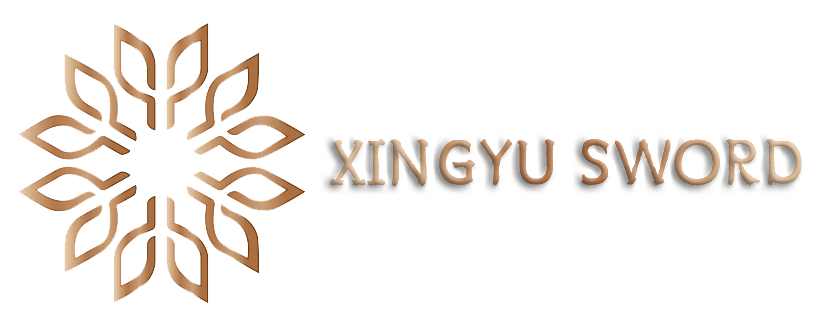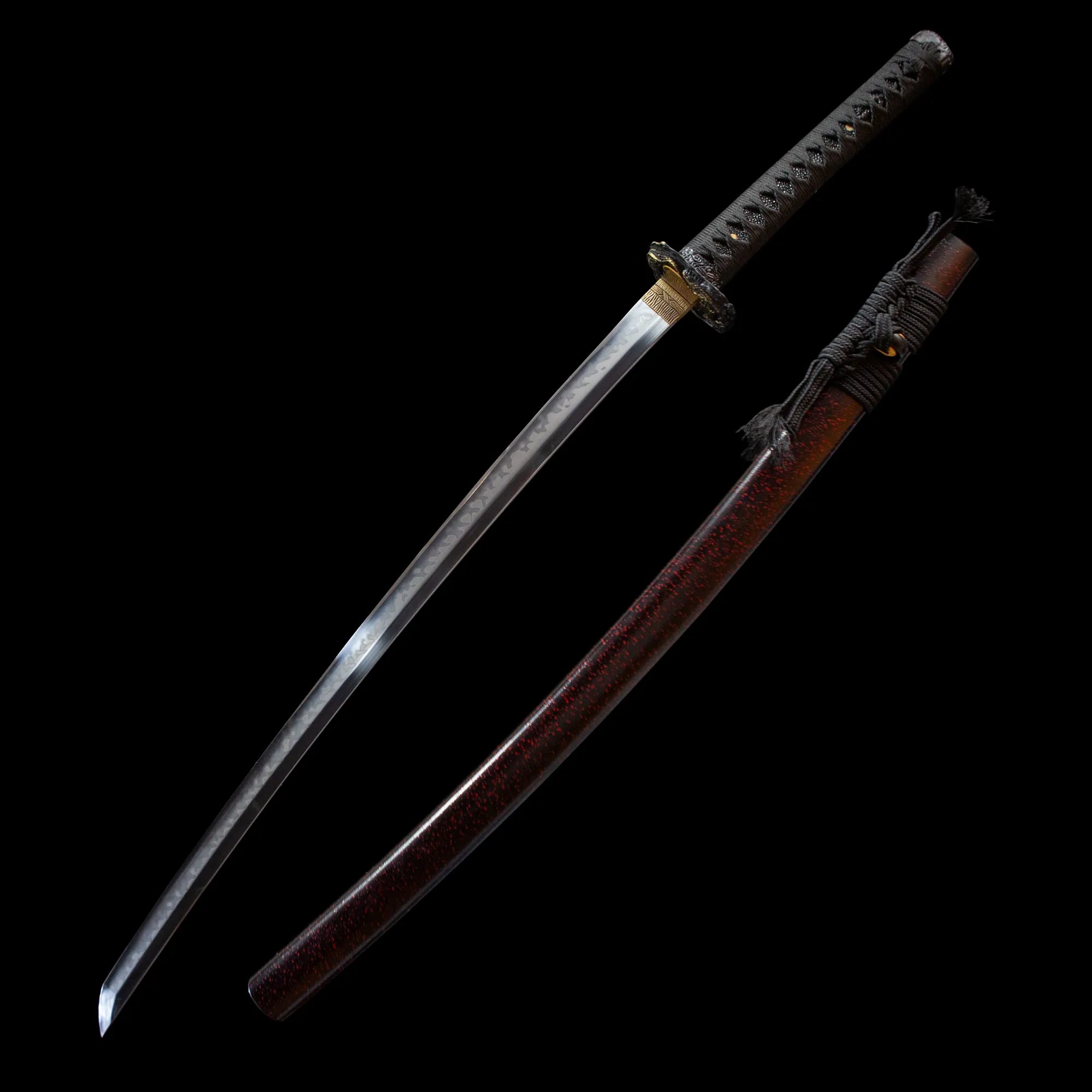
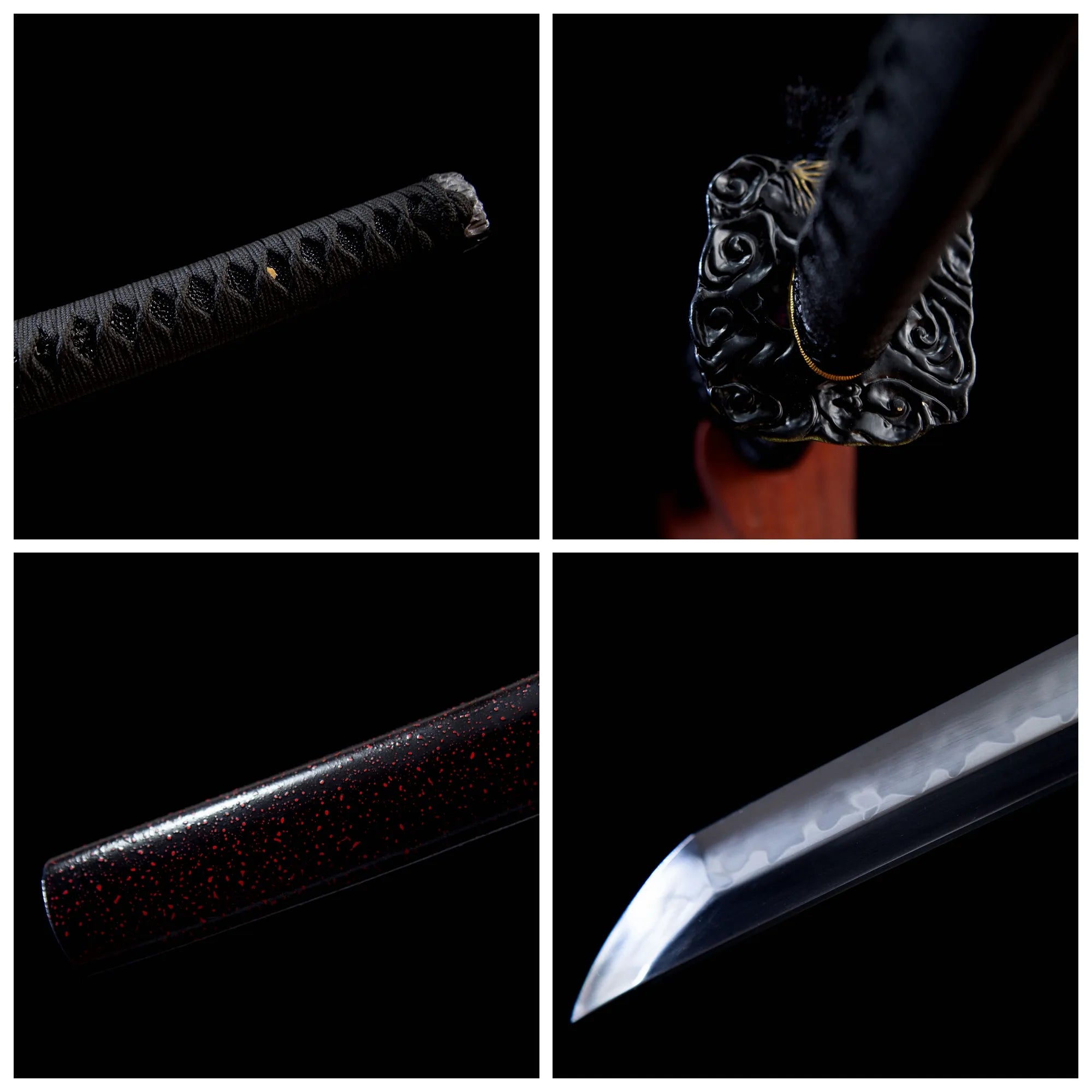
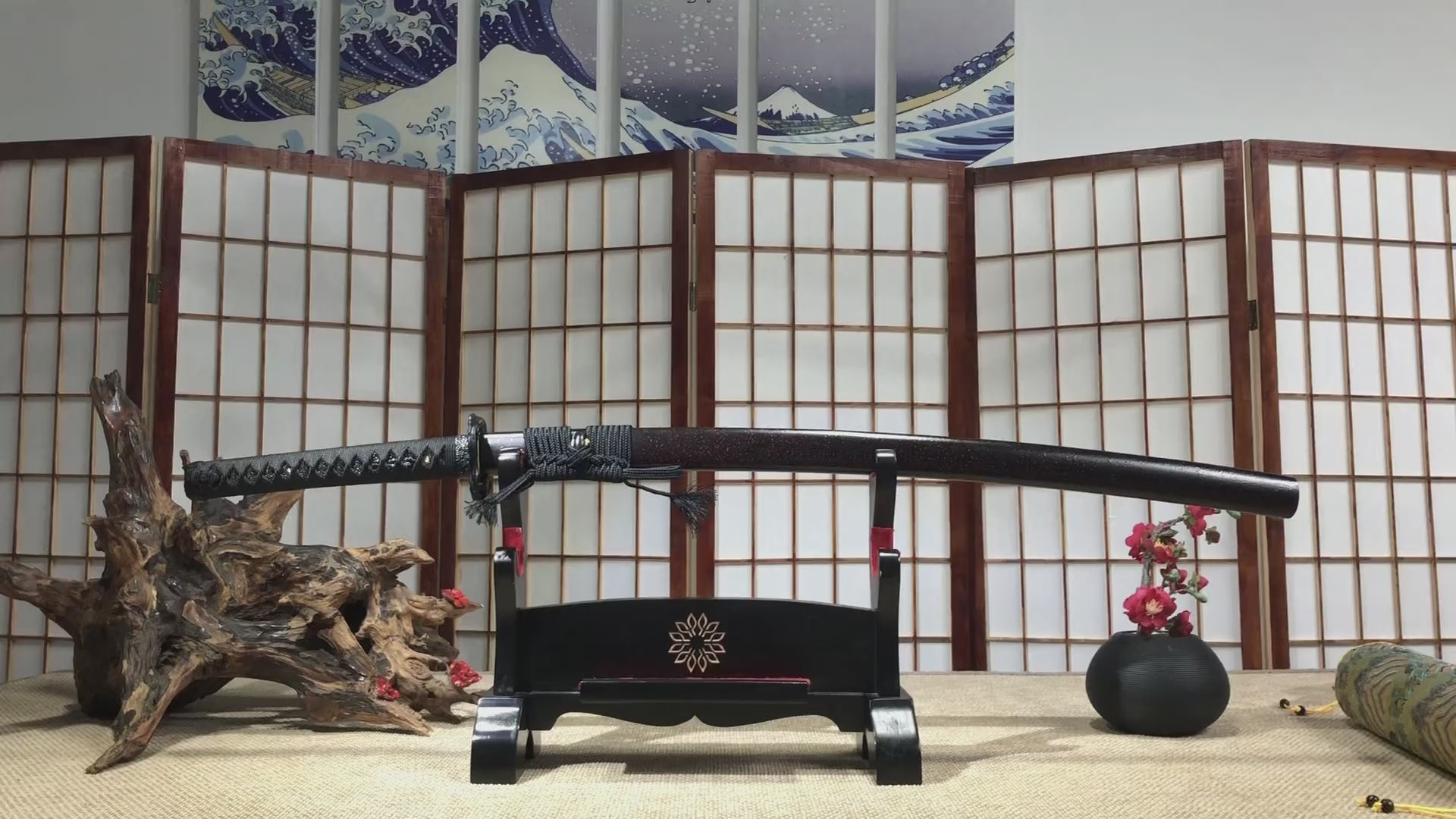
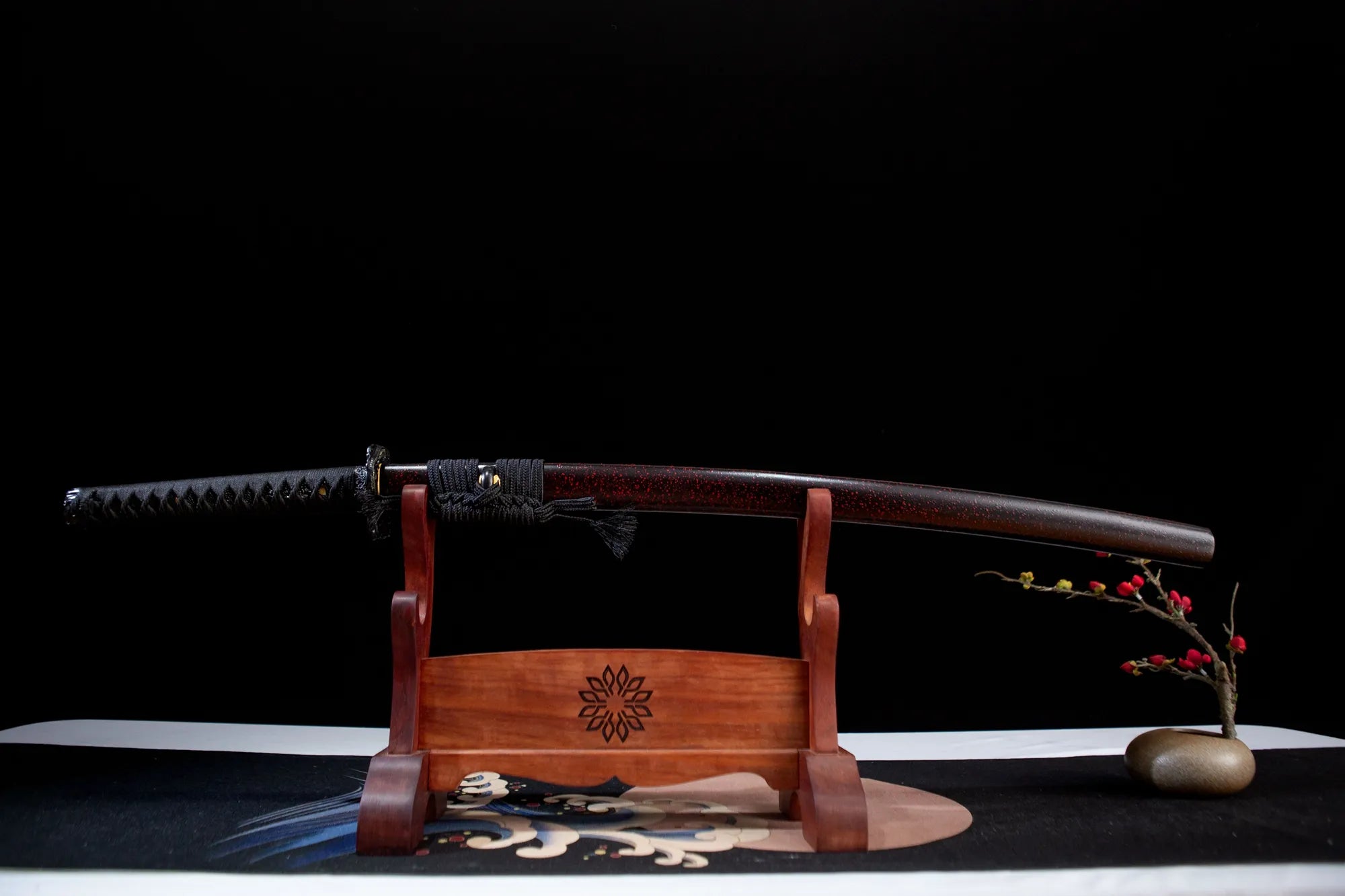
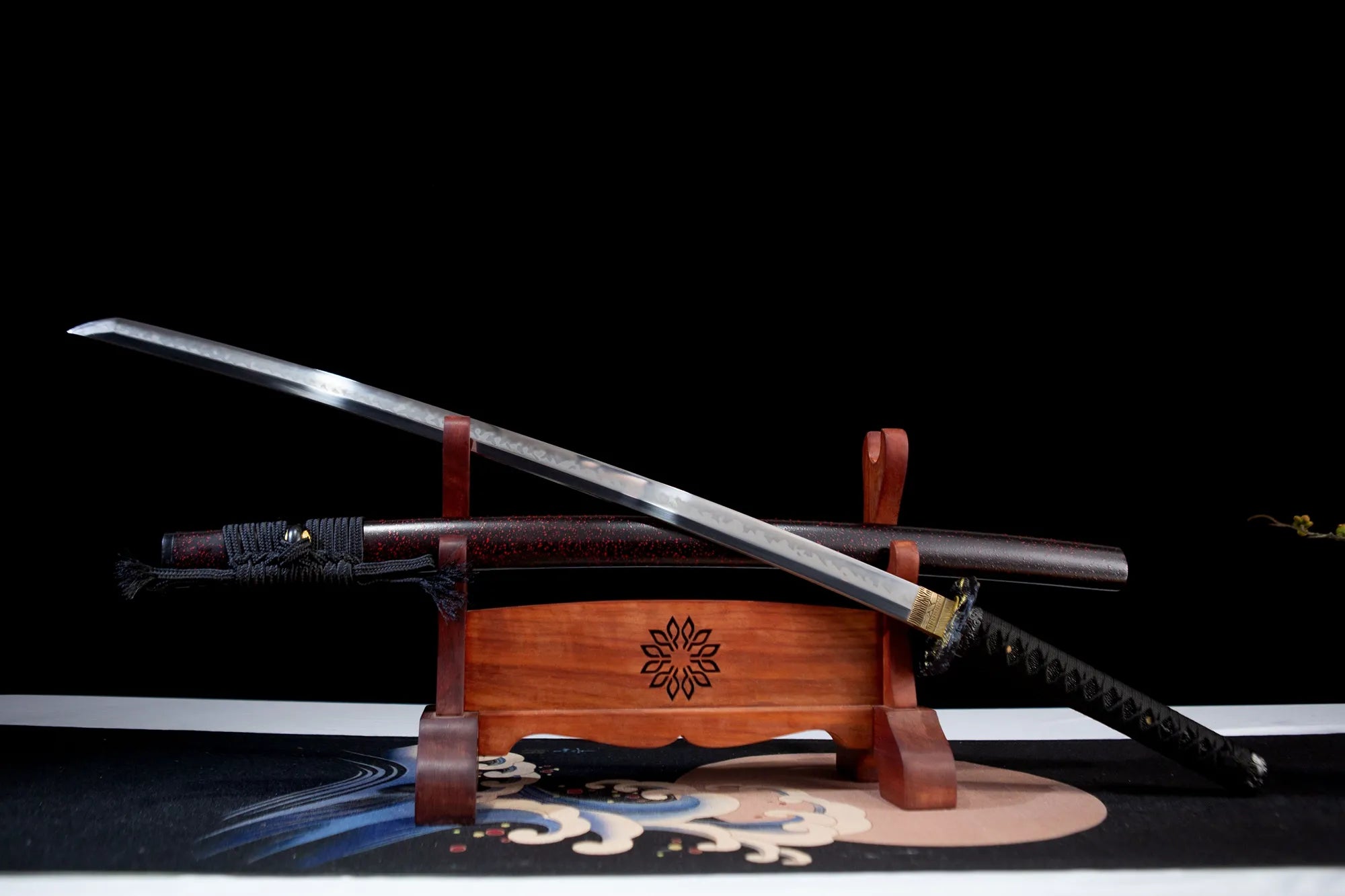
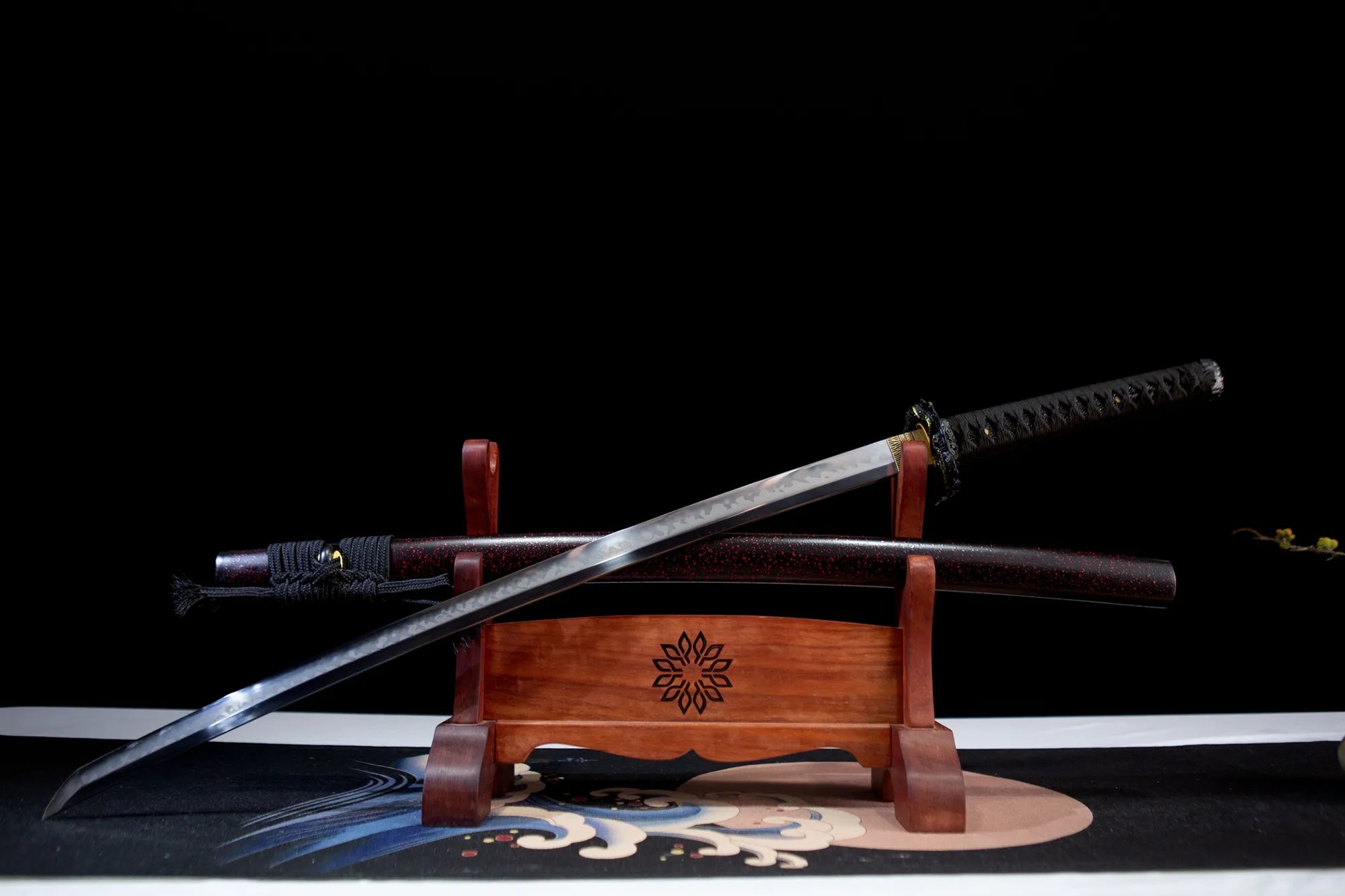
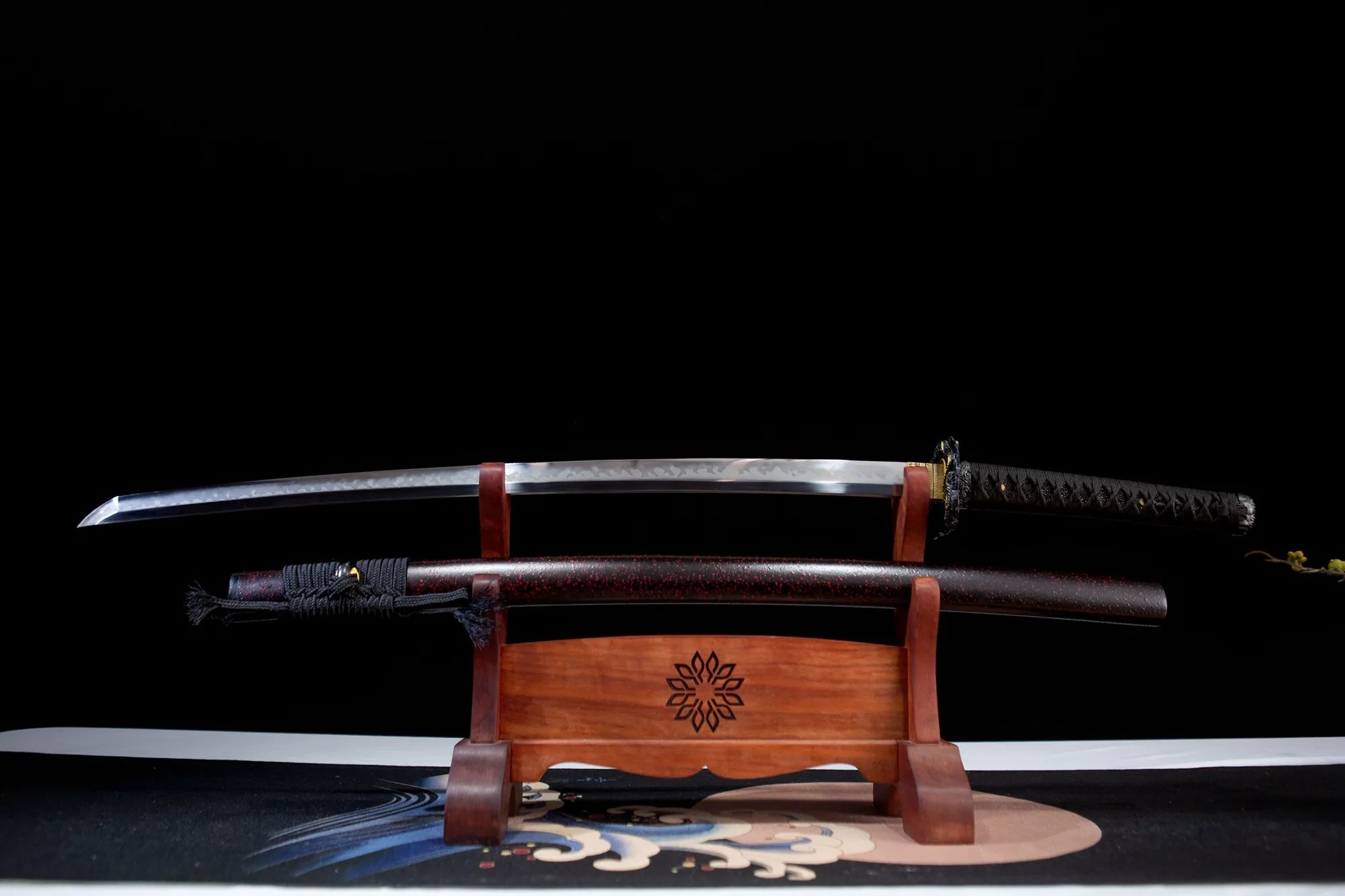
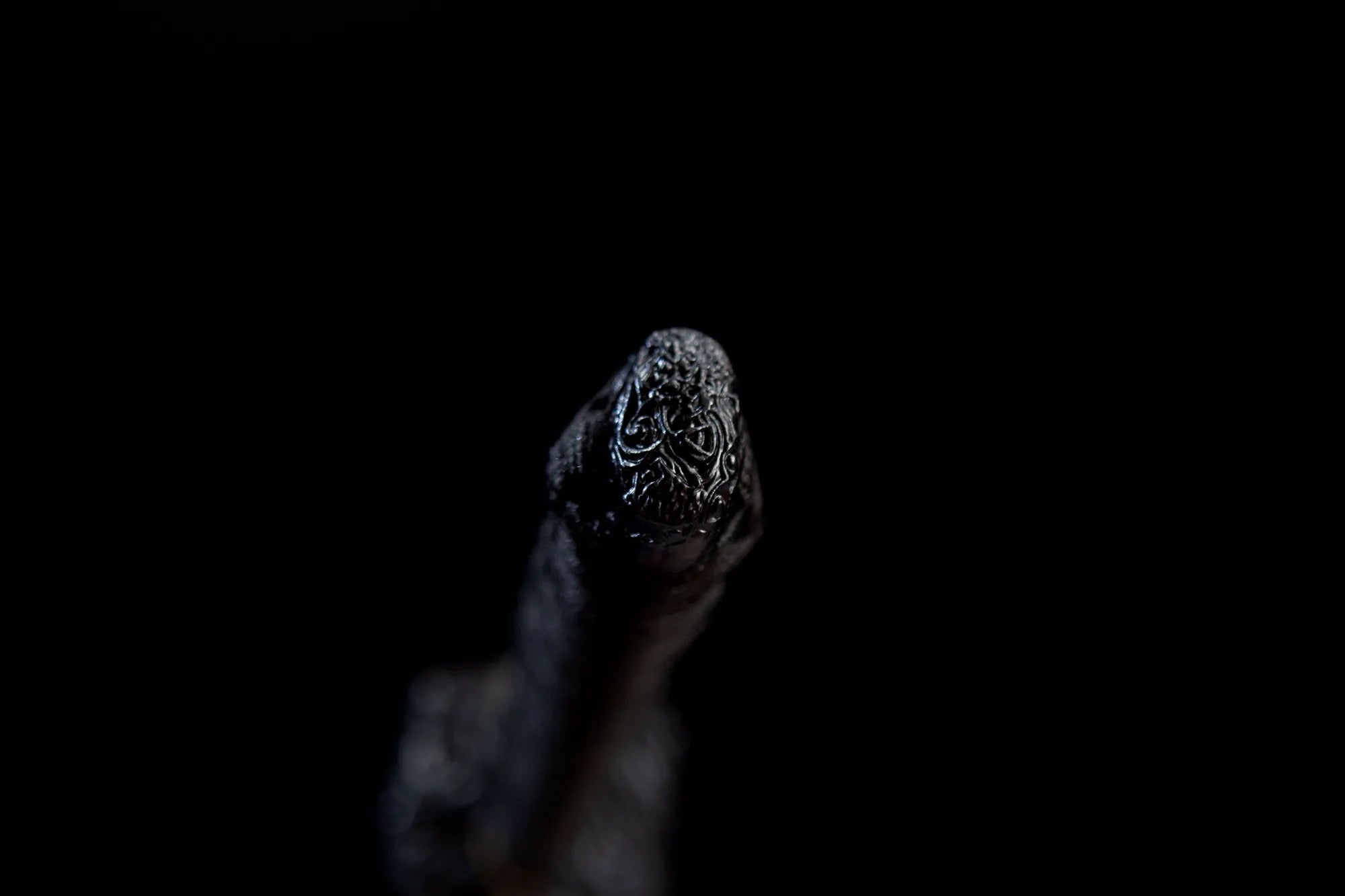
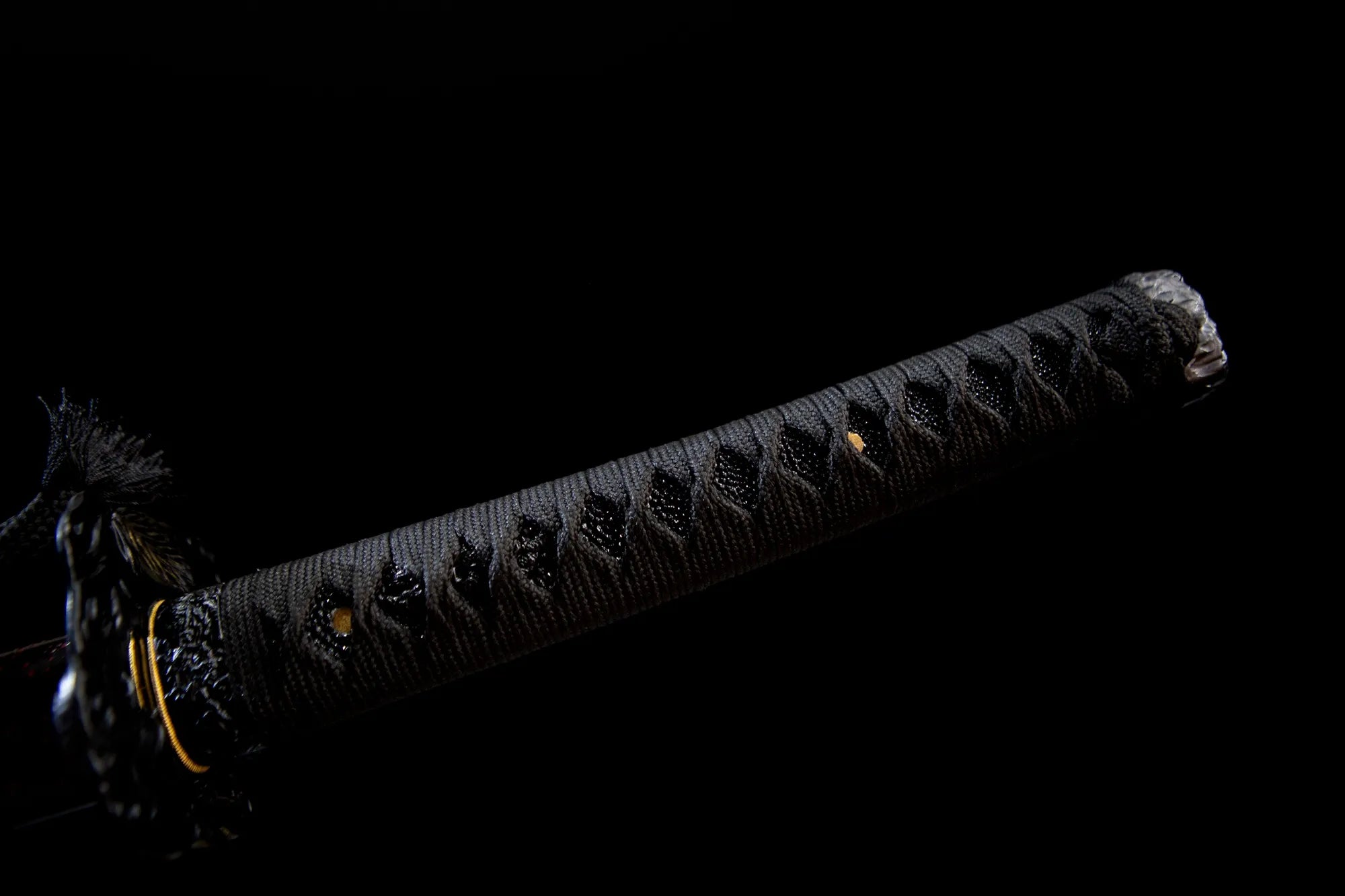
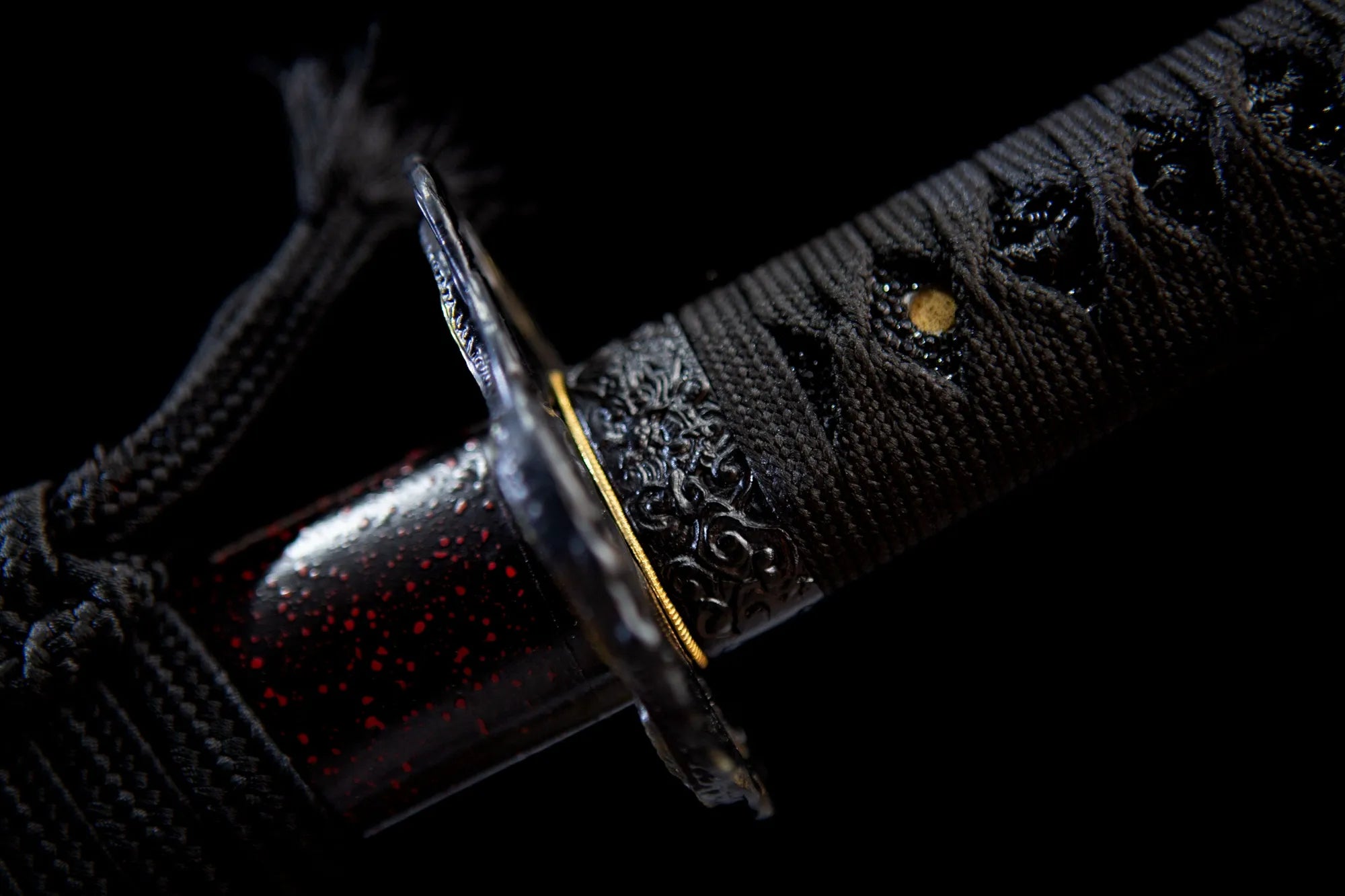
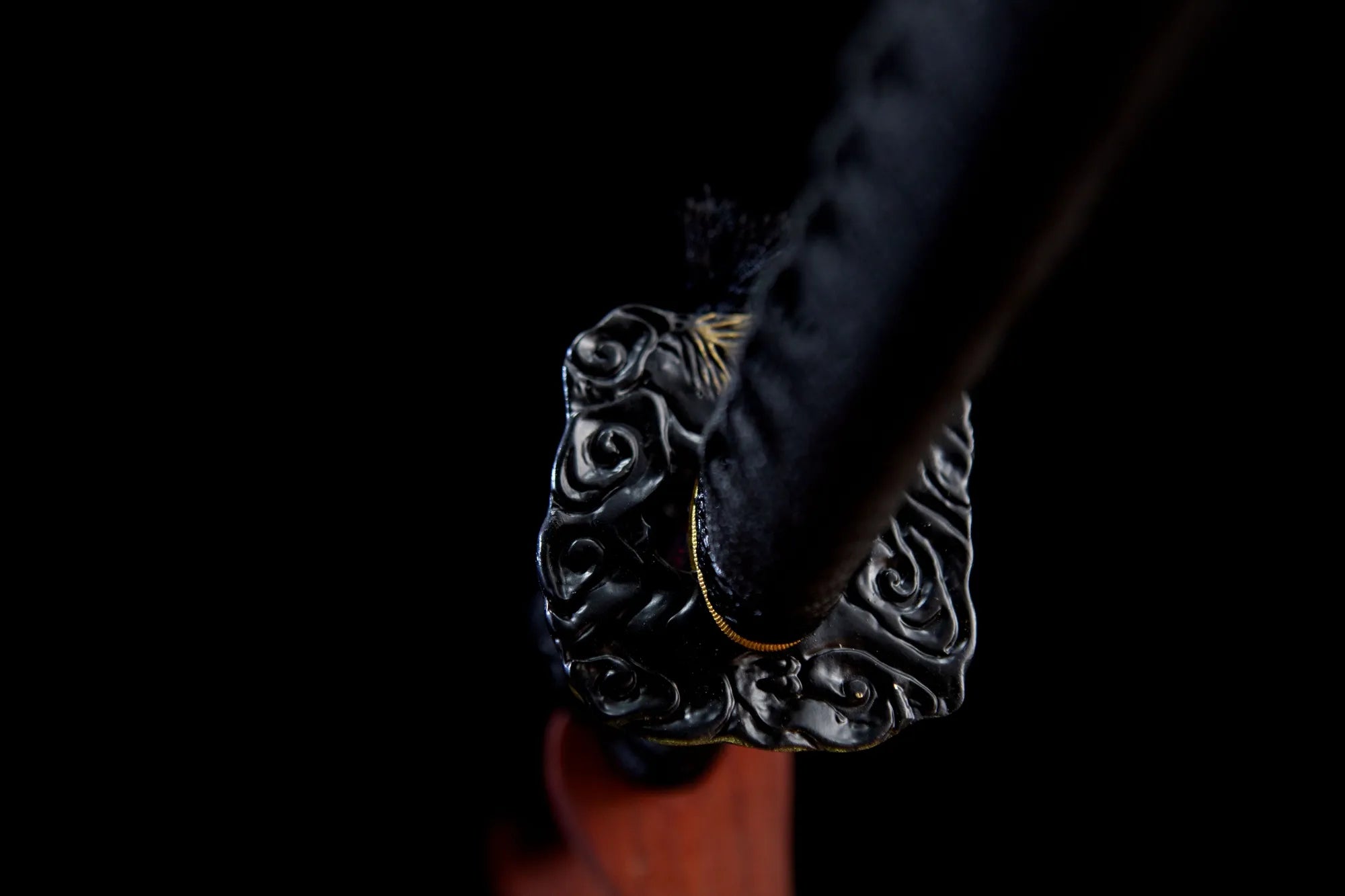
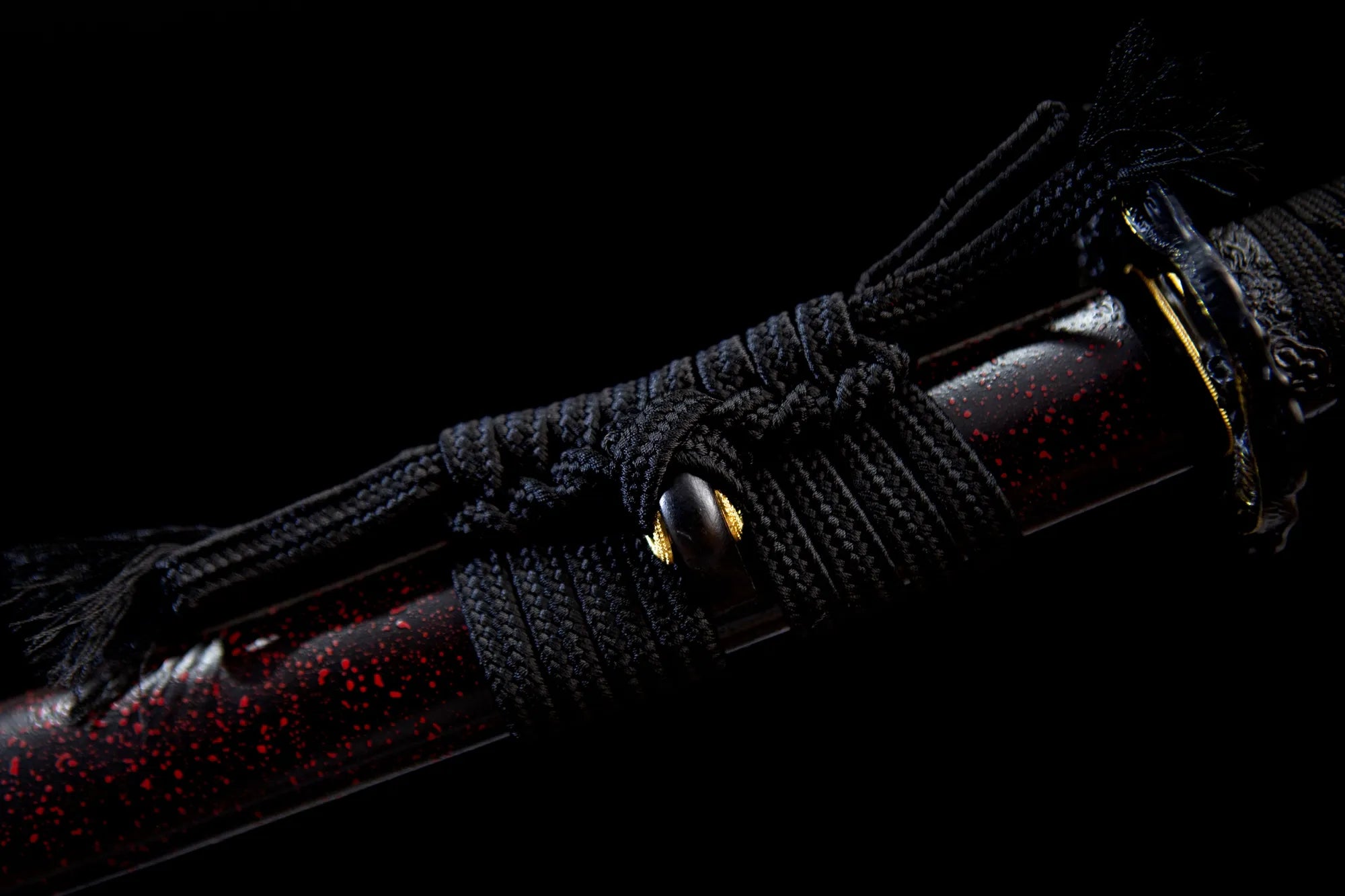
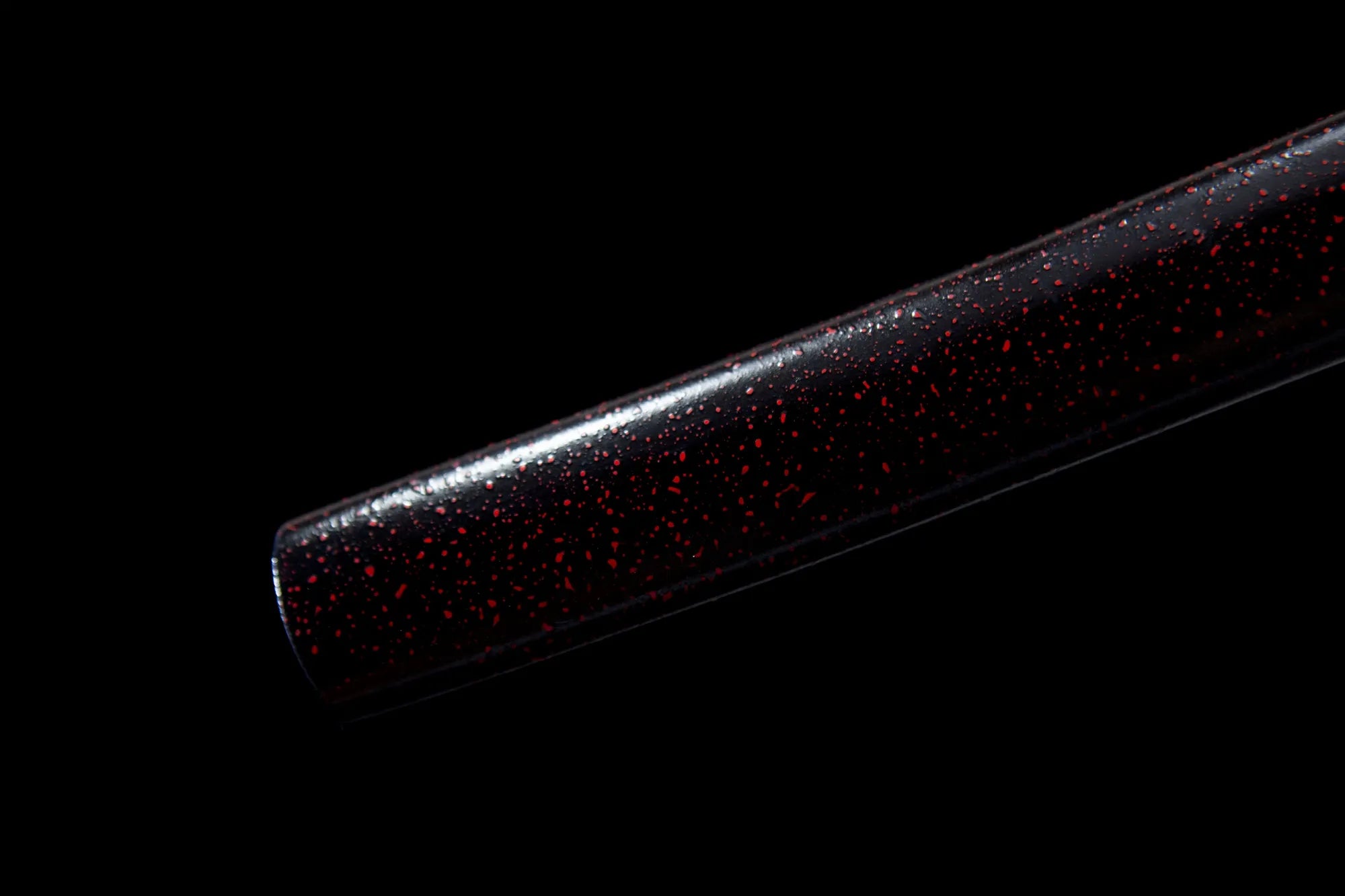
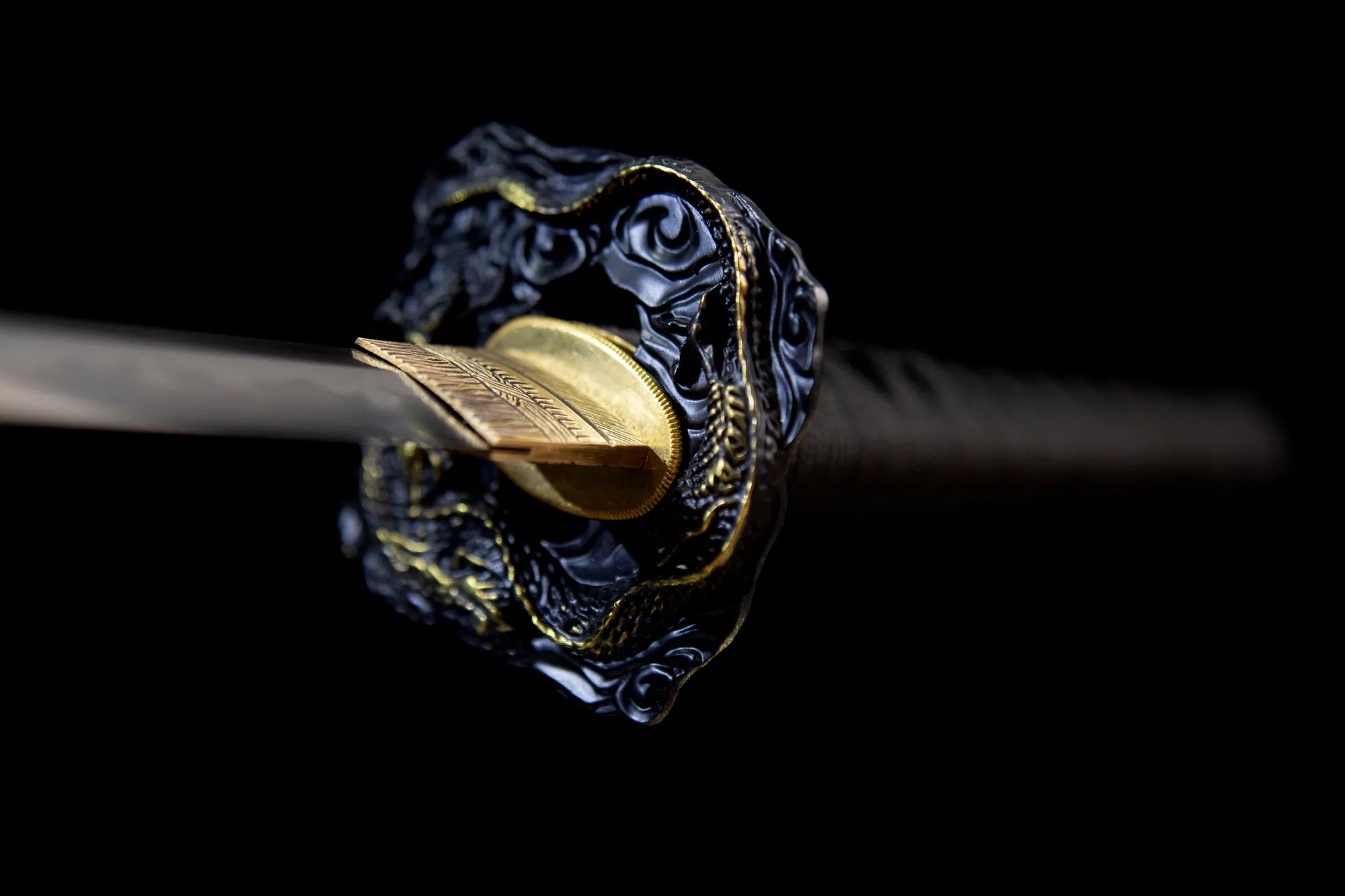
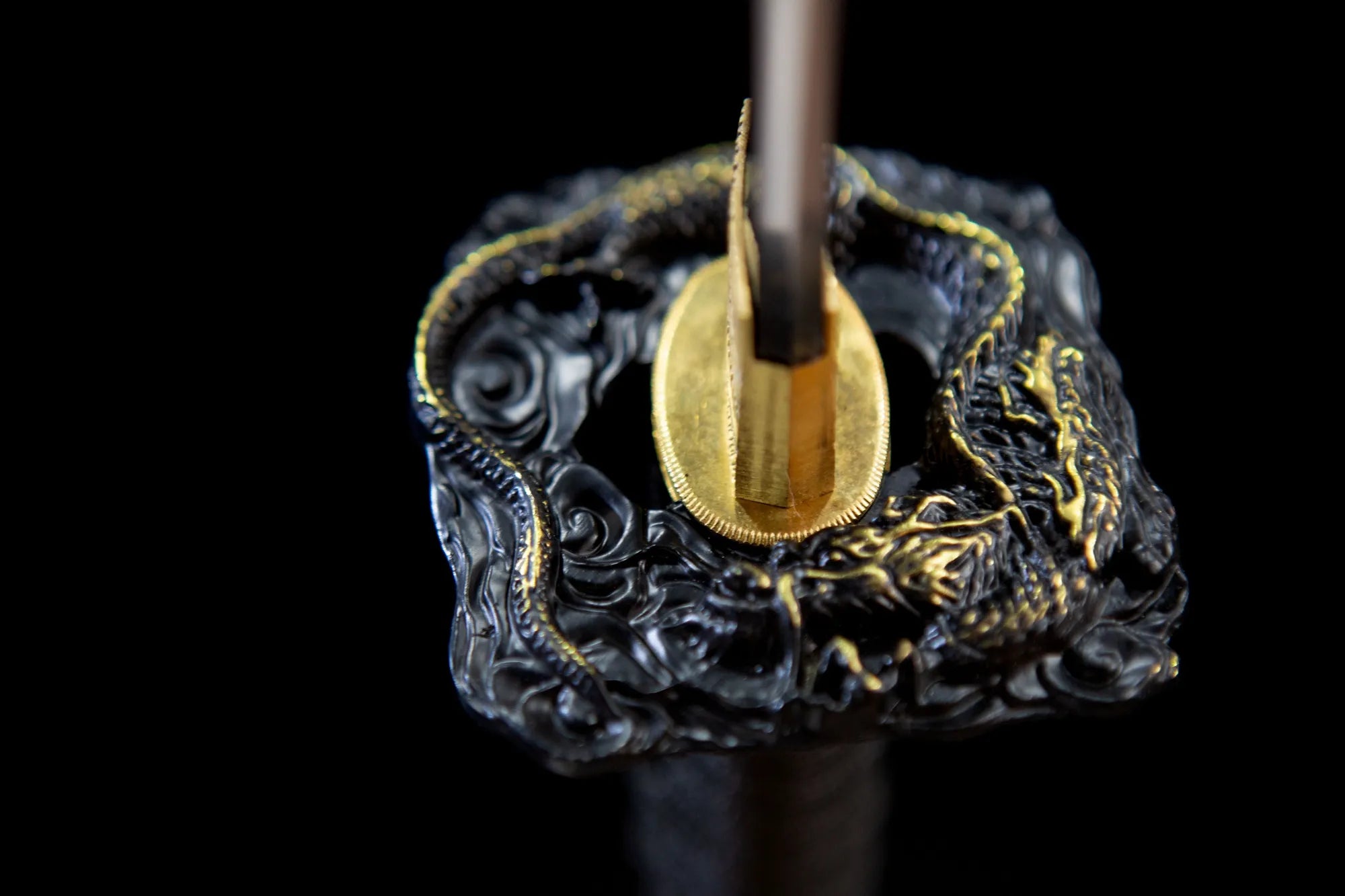
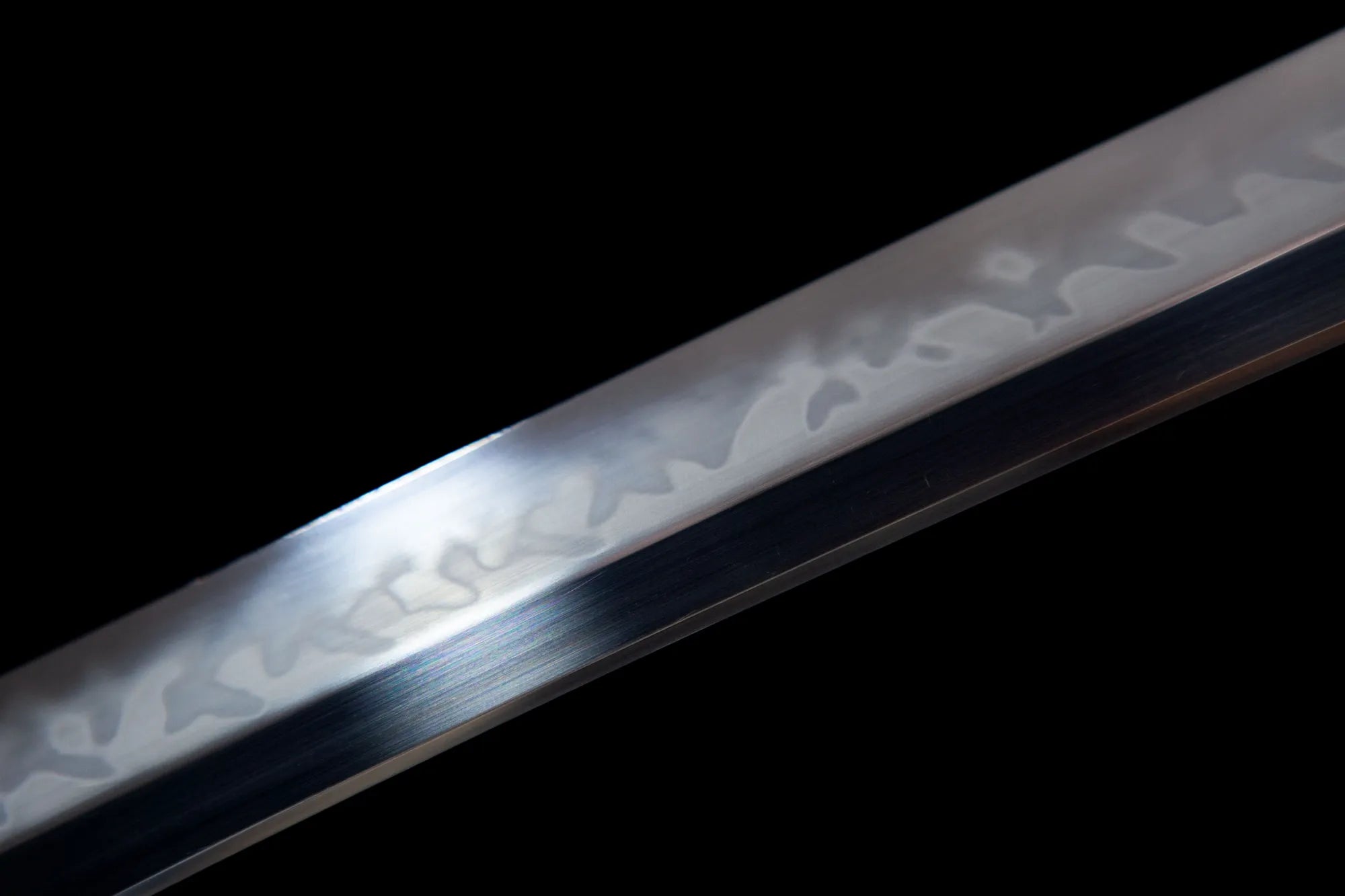
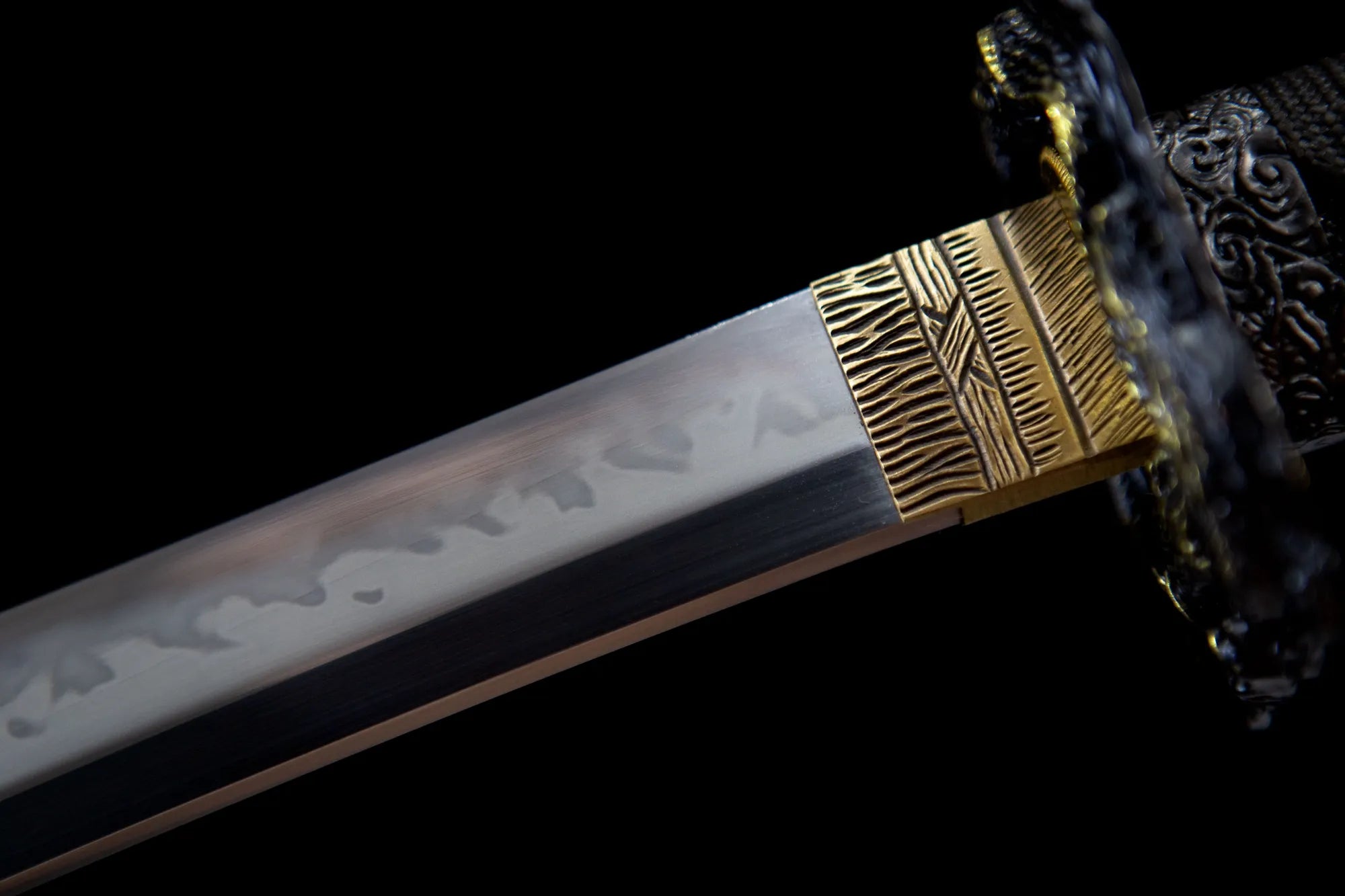
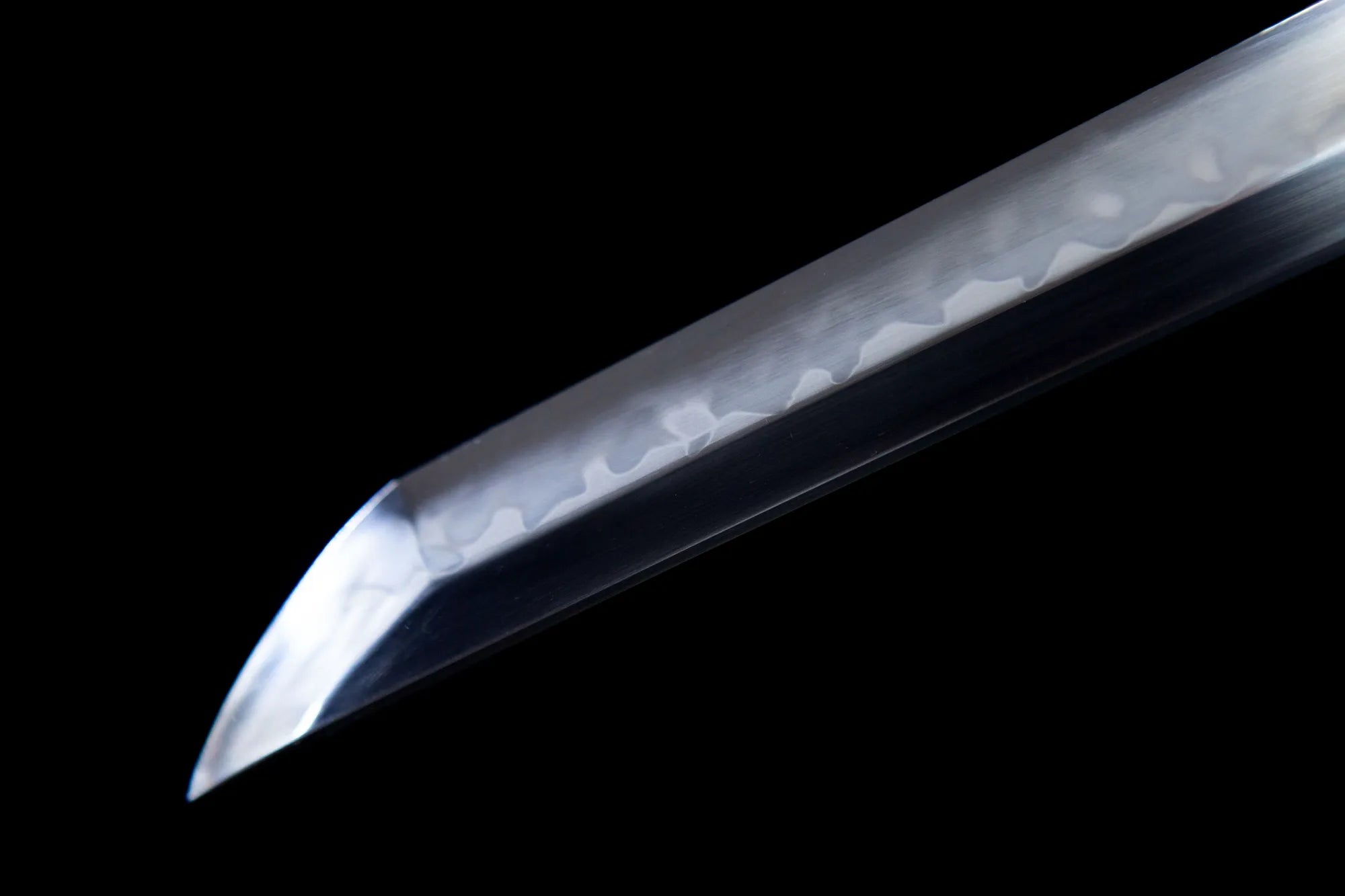
Black Dragon Katana
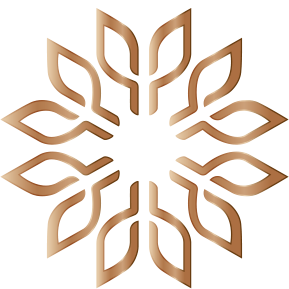
Handcrafted by experienced swordsmen
Free American Express

Perfect after-sales service

SSL End-to-end encryption secure payment
The black dragon katana has a black tsuba with a dragon tossing on it, and the hamon of the blade is also in the shape of a dragon claw, which is not only beautiful, but also has extraordinary cutting ability 【Zencho】entire length:104cm - 40.9inch
【Zencho】entire length:104cm - 40.9inch
【Hacho】blade length:72.5cm - 28.5inch
【Handle Length】:27.3cm - 10.7inch
【Sori】:1.5cm - 0.59inch
【Sakikasane】:0.45cm - 0.17inch
【Motokasane】:0.7cm - 0.27inch
【Sahihaba】:2.3cm - 0.9inch
【Motohaba】:3.12cm - 1.22inch
【Kissaki Nagasa 】:3.6cm - 1.41inch
【Boshi】:notarekomi
【Mizuheshi】:Tsuchioki
【Hamon】:choji
【Blade Material】:T10
【Hi】:No Hi
【Structure】:Maru-gitae
【Blade Treatment】:Shiage-togi
【Blade Type】:shinogi-zukuri
【Yokote】:real
【Disassembled】:removable
【Handle Shape】:Imogata
【Fuchi Kashira】:alloy
【Handle Wraps】:Moro-hineri-maki
【Samekawa】:real fish skin
【Mekugiana】:Two
【Mekugi】:bamboo
【Menuki】:alloy
【Seppa】:copper
【Tsuba】:alloy
【Habaki】:copper
【Saya】: Solid wood baking paint
【Sageo】:Coarse cotton rope
【Shitidome】:alloy
【Gift】:katana bag
【Total Weight】:1368g - 3.01pounds
【Desheathing Weight】:1115g - 2.45pounds
【Other】: Handmade products have errors, specifications are for reference only!
Katana parts names and terminology
Katana parts names and terminology
In the world of Katana, Katana parts names and terminology are very important as most of the Katana parts names use Japanese vocabulary and special nouns. This page can help you understand Katana faster.


A.SAKIKASANE Thickness of blade tip.
B.MOTOKASANE Thickness of the bottom of the blade.
C.KISSAKI NAGASA Length of tip.
D.SAKIHABA Width of blade tip.
E.MUNE The surface of the katana back.
F.MOTOHABA Width of bottom of blade.
G.MUNEMACHI The notch at the top of the blade stem,where the back surface (mune) of the blade begins.
H.HAMACHI A notch at the top of the blade,where the blade begins.
I.FUKURA The radian of the blade in the tip area.
J.BOSHI Blade text in the tip area.
K.YOKOTE The boundary between blade tip and blade body.
L.KOSHINOGI Shinogi-ji above the blade tip area (yokote).
M. MITSUKADO Intersection point of yokote and blade edge of blade body and blade edge of tool tip.
N.SHINOGI MITSUKADO Shinogi,Koshinogi und Yokote linien.
O.SHINOGI-JI Blade surface between shinogi and mune.
P.SHINOGI A chear straight line extending along the longitudinal direction of the blade is the thickest part of the blade (only appearing on katana of shinogi-zakuri) .
Q.JI The surface between shinogi and nioiguchi.
R.HA The edge area of the cutter body is hardened by quenching.
S.HASAKI Asharpened edge.
T.NIOIGUCHI A clear line separating the hardened blade from the softer part of the blade body.
U.ASHI Nioiguchi's extension line in the direction of the blade.
V.HACHO A straight line that determines the length of the blade.
W.SORI Degree of blade bending.
X.ZENCHO The total length of the katana,including the stem (the blade length is only the blade body).
Y.NAKAGO NACASA Length of katana stem.
Z.MAKUGIANA A hole in the shank for receiving Mekugi (bamboo nail for fixing the blade in the handle).
AA,MEI Inscription on the hilt (usually the name of the katana maker,but there are often other information).
Now that you have learned the terminology and proper nouns of katana through this article, you also design customize your ideal katana.
Choose options


















